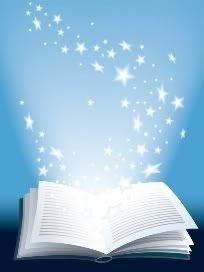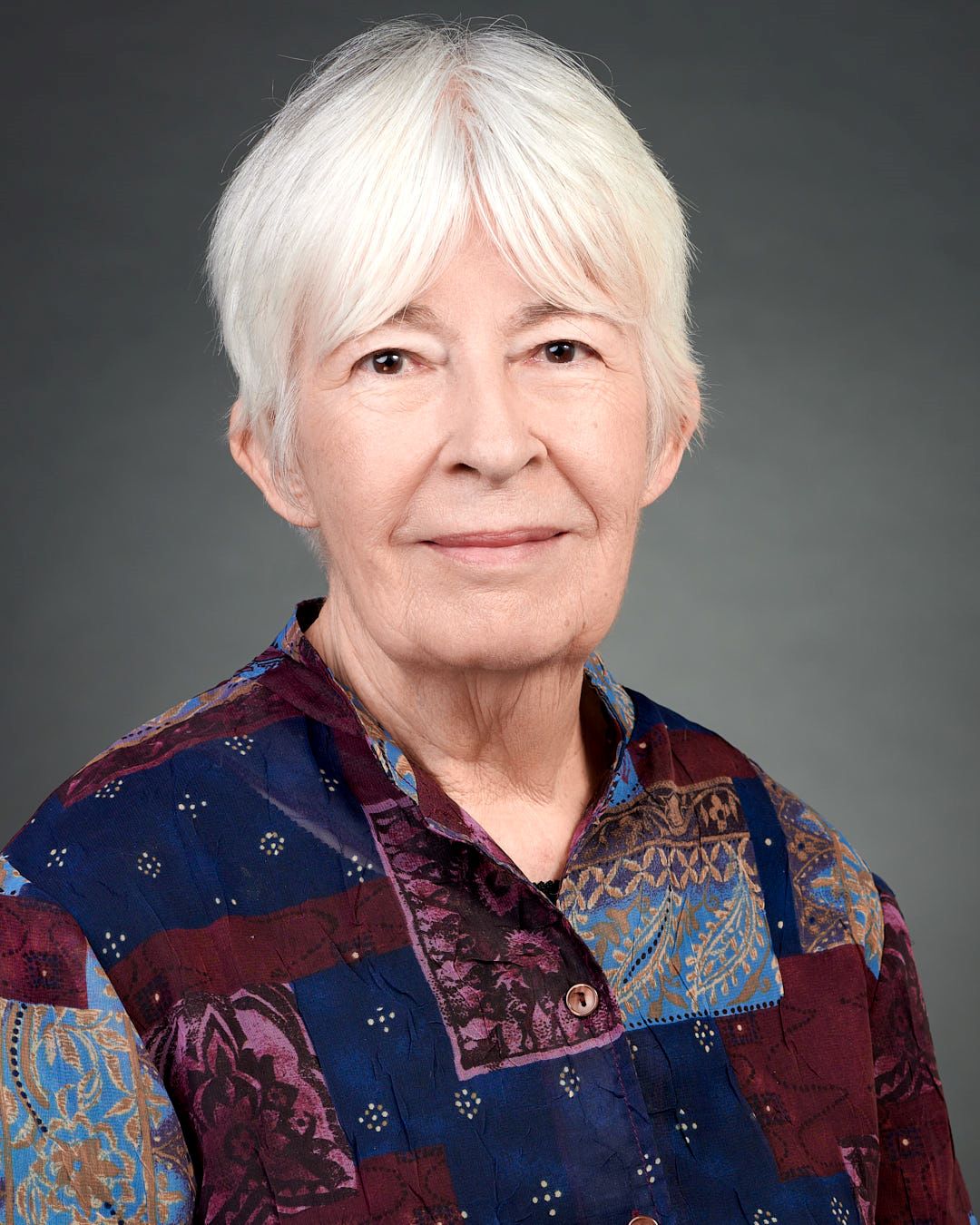Book Magic
By Juliet Marillier | May 7, 2008 |
 I’ve just been in Melbourne for the Children’s Book Council of Australia conference – three days jam-packed with discussion about writing and illustration for young readers.
I’ve just been in Melbourne for the Children’s Book Council of Australia conference – three days jam-packed with discussion about writing and illustration for young readers.
The program for CBCA conferences is aimed principally at teachers and librarians, and panel topics ranged from ‘The challenge of “reading” graphic novels’ to ‘How teenage writers get published.’ The first morning delivered something of a shock. Jack Zipes, professor of German at the University of Minnesota, scholarly writer on folklore and storyteller, used his keynote address to slam consumer culture and what he called the ‘endumbment’ and ‘commodification’ of children through the commercialization and standardization of children’s books. He was especially damning in his criticism of publishers for giving in to commercial interests by producing books principally for entertainment – his example was a certain series aimed at girls, with various tie-in products available – rather than books that reflect community values and standards. Professor Zipes made a number of valid points, and I can’t summarise his complex speech in a single blog post. It did concern me to hear him express this view so vehemently to an audience that included representatives of Australian publishing houses, since most of these continue to produce high quality books for young readers alongside more commercial titles. I’d have preferred to see the conference begin on a more positive note. The attendees at CBCA are people who spend a major part of their time and energy doing good things with kids and books.
Happily, Day 1 also included an inspiring talk by Wendy Cooling, who was instrumental in introducing the Bookstart program in the UK. Bookstart aims to encourage parents to read to their children from an early age. Wendy’s account of reaching some alienated teenage boys through reading aloud was memorable.
Things looked up still further on Day 2, which began with the wonderful Shaun Tan talking about his development as an artist and writer, an address which he illustrated with images of his work, from a cat drawn on his first day of primary school to the wordless novel, The Arrival. Make sure you read this book. It’s profound, humane, beautiful and moving – an award-winning work that defies categorization.
Another distinguished visitor was children’s author and illustrator Jan Ormerod, creator of the classic picture books Sunshine and Moonlight. My children had these books in the 1970s, and our old original copes are now well-loved by my grandchildren. Jan’s recent work is equally expressive.
At last, on the third day, came a public response to Jack Zipes’ speech. Neil Gaiman’s talk was open to the public and hordes of them turned up even though it was first thing on a Sunday morning. Neil is a friend of Jack Zipes but disagreed with Prof Zipes’ blanket condemnation of ‘entertainment’ fiction. Neil made the most telling point (for me) of the whole conference by recalling his sense of excitement and wonder at reading a certain thrilling adventure novel as a child, then his surprise on returning to that same book as an adult and finding the prose quite flat and clunky (think Famous Five). What we writers give our readers, Neil said, is a ‘raw code’ or ‘loose architectural plan’ which they use to build the book themselves. No two readers read a book alike – it’s the reader who gives the characters faces, builds the landscape, brings life to the story. Even if the book is poorly written, it is a seed, and if it falls on fertile ground it will grow, bloom and be treasured. A book may be one of those commercial titles written for corporate profit, but it can still take root in a child’s imagination. Neil pointed out that some fine things can be grown in crap.
I was delighted by this revelation, which seems profoundly true. Our role as writers is to spark the imagination. That’s what true storytelling, the in-the-dark, around-the-fire kind, does.
Other conference highlights for me: the graphic novel panel, with Queenie Chan introducing manga and Nicki Greenberg talking about her adaptation of The Great Gatsby in graphic novel format, while Neil Gaiman gave a history of the medium. The enormous flexibility of graphic novels became apparent – they range across many genres. Then there was the panel on writing historical fiction for young adults, whose participating authors positively bubbled with enthusiasm for their work; and a fascinating discussion on the impact of cover art – I hadn’t realised how much goes into the design process. Overall, definitely enough learning gained to justify the loss of writing time!
Photo credit: © Boguslaw Mazur at Dreamstime.com










Juliet, thanks so much for sharing this account with us. It’s interesting, the commercialism argument, but I really appreciate what Neil Gaiman had to say about the whole thing. And he’s right! After my kids were born, I went back to some of my favorite books as a child and found them really boring. Still, something about them then not only made my imagination take flight, it made that journey beloved.
I’ll check out Shaun Tan’s The Arrival. Thanks for the tip!
GO NEIL! I love him. His words never cease to inspire me. (Any chance of an interview with him here?)
And I agree – The Arrival is amazing. I spent so long just pouring over the pictures on the ENDSHEETS…
I’m with Gaiman on this. Not every book for children boasts Newberry Award-winning content. It’s ok to have “crap” books out there if it gets kids reading.
Thanks for sharing your experience with us, Juliet. It must have been fascinating!
What a super convention, Juliet! I wish I’d been there. And what’s a convention without a little controversy?
Kids? Yes, just get them reading – be it comics, Harry Potter or the Encylopaedia Brittanica. My eldest son was slow to read, but when he was about eight he discovered picture books about dinosoars and volcanoes. Because these topics fascinated him, his reading net was cast ever wider and soon he was reading fictional works about them. Now in his forties, he reads voraciously – everything from Gaiman to Proust.
Mind you, I wish there’d been a Sean Tan around when my kids were little. I guess I’ll just have to enjoy his books on my own:-)
My memories of this convention are full of bright colours. I read lots of wonderful picture books over the weekend, then drove up into the hills outside Melbourne, where we were surrounded by autumn trees in gorgeous array (because here in Oz it is that time of year.) Of course, I ended up buying books as well as talking about them! Being a grandmother provides a wonderful excuse for acquiring a new library of the best books for children. A big hit with the little girls was Ballet Sisters, written and illustrated by Jan Ormerod.
I totally agree with Neil Gaiman too. I think Jack Zipes(and I’ve heard lots of people commenting on his speech, though I wasn’t there)is being terribly self-righteous. But he does generally have a very ideological approach to literature–and I think he also fails to take into account the fact too that what may initially have been dismissed as ”mere” mindless entertainment in their day–eg Shakespeare’s plays, Dickens’novels, and fairytales(which Zipes is supposed to be expert in)are now classics and totally embedded in our culture.
A very good point, Sophie, about yesterday’s popular entertainment becoming today’s beloved classics (some of it, anyway.) Part of the reason I found Jack Zipes’s talk so dispiriting was that I had been looking forward to it keenly, having read some of his scholarly work on fairy tales. But there wasn’t a fairy tale in sight. He’s evidently feeling extremely strongly about the reading issue right now, especially what he sees as the Bush government’s inadequate response to the current crisis in literacy – he made the point that it’s more than functional literacy that is required to solve the wider social problem of a commercialised consumer culture.